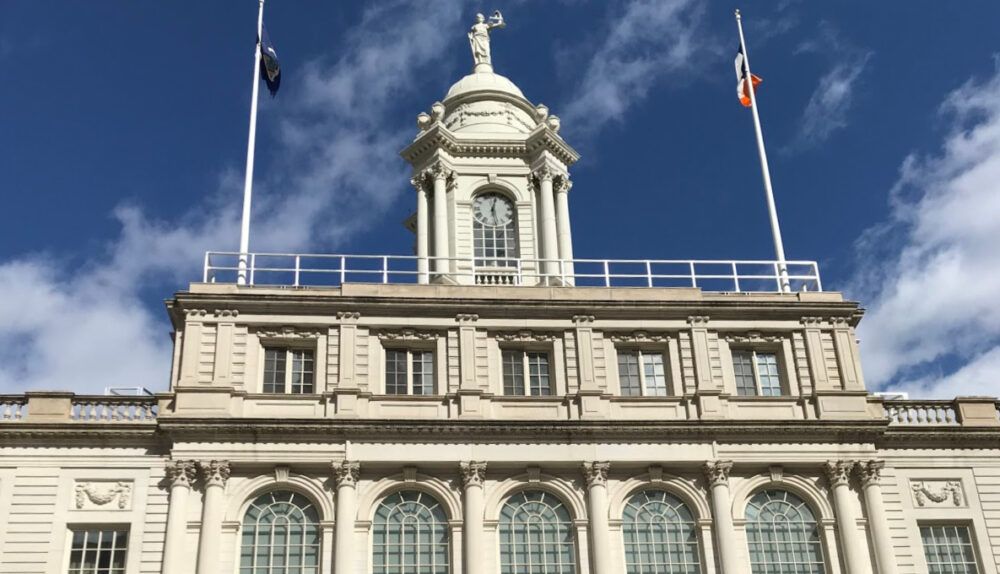Response to the Release of the New York City FY 2026 Executive Budget
Kim Sweet, Executive Director of Advocates for Children of New York (AFC), issued the following statement in response to the release of the New York City Fiscal Year 2026 Executive Budget.

We thank Mayor Adams for baselining funding for 3-K and preschool special education classes in his Executive Budget. This funding, which was scheduled to run out in June, has provided seats for hundreds of children with disabilities who otherwise would have been sitting at home, and we are relieved that the new classes will be sustained next year and beyond.
However, there is still much work left to do to ensure that 3-K and pre-K are truly “for all” and that parents of young children don’t have to leave NYC to get them the support they need. As of March, more than 600 children were waiting for a seat in a preschool special education class, in violation of their legal rights, and almost 8,000 preschoolers were going without mandated part-time services like speech therapy and counseling. Providing these services is not optional, and we urge City leaders to invest at least $70 million in the final budget to ensure preschoolers with disabilities receive the special education evaluations and services they need. As more than 80 organizations wrote last month, we should not have to fight year after year for the City to fulfill its basic legal obligations to its youngest students.
We are pleased that the Executive Budget released today also restores funding for community schools, the Mental Health Continuum, immigrant family communications, and restorative justice.
The City must go beyond restoring programs and also make the investments needed to tackle the pressing unmet needs facing so many of our students and school communities. While the City has taken important steps forward over the past decade, the New Yorkers who call AFC every day — the parent whose preschooler hasn’t received their mandated speech therapy for months, or whose fifth grader still can’t read, or whose teenager can’t go to their local middle school because they use a wheelchair — need the City to do more to make NYCPS deliver on its promise to their children.
For example:
- Even when core reading instruction in the early grades is strong, there will always be students who need more individualized attention and targeted literacy support. The City should build on the work of NYC Reads by investing at least $17.5 million to help schools deliver one-on-one or small group intervention to more students who need extra help learning to read.
- School-based mental health clinics (SBMHCs) provide vital services to students with behavioral and mental health challenges but have limited capacity due to inadequate funding. We urge the City to invest at least $3.75 million to help SBMHCs better integrate into school communities and take on additional responsibilities, such as consulting on the behavioral supports for classrooms and working as part of a school’s crisis response team.
- The City should increase the allocation for immigrant family communications and outreach by $3 million (for a total allocation of $7 million) to help meet the growing need for translation and interpretation services and ensure information reaches families at a time when changing federal policies are causing tremendous uncertainty and anxiety.
- This summer will mark the 35th anniversary of the Americans with Disabilities Act (ADA), yet for students, parents, and school staff with physical disabilities, this landmark civil rights law often exists in name only, as two-thirds of NYC schools are still not fully accessible. The City should allocate an additional $450 million (for a total $1.25 billion over five years) for school accessibility, as recommended by the City Council in their response to the preliminary budget.
In the coming months, we urge Mayor Adams and the City Council to make these additional targeted investments to address outstanding needs.



